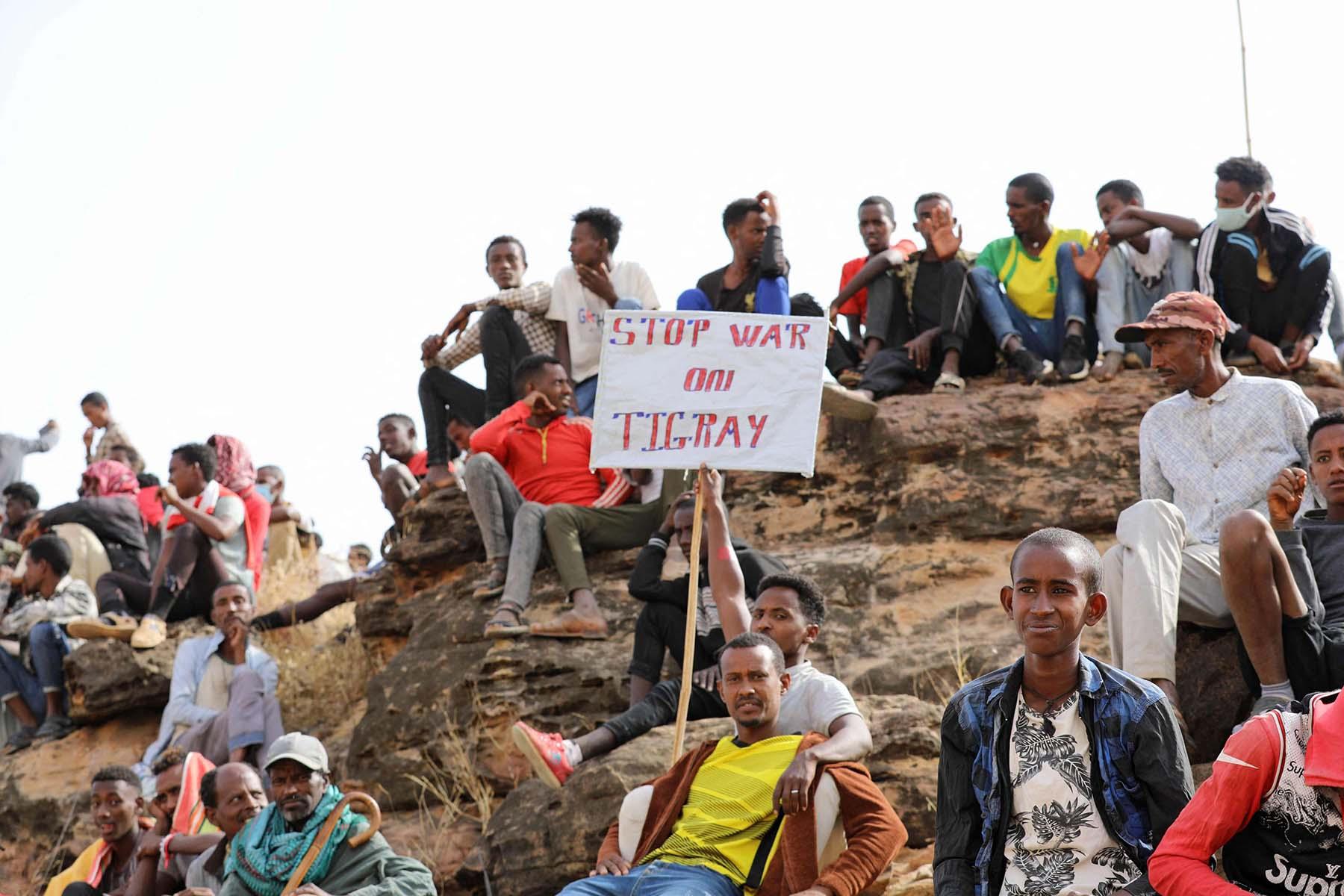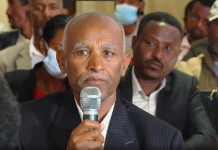Africa-Press-Ethiopia
When it comes to the conflict in northern Ethiopia, the federal government in Addis Ababa has no common understanding of events and is in “denial” over the scale of the problem, said Pekka Haavisto, European Union envoy, on Tuesday.
With negligible humanitarian access to the Tigray region since fighting broke out in November, Haavisto, Finland’s foreign minister, traveled to the region recently to assess the situation on behalf of the EU. He met with Ethiopian government ministers and Prime Minister Abiy Ahmed, and he visited the Um Rakuba refugee camp in Sudan.
On Monday, he reported to EU foreign ministers in Brussels, and the bloc’s foreign service will now prepare a document outlining the 27 member states’ common position.
“Almost four months into the conflict, 80% of the Tigray population of 6 million people remain unreachable,” Josep Borrell, EU high representative for foreign affairs, told reporters after Monday’s meeting. Borrell also reiterated calls for full humanitarian access and investigations into alleged human rights abuses.
Describing his meetings with top Ethiopian government officials, Haavisto told reporters in Brussels on Tuesday that “in the public domain, there is still also some kind of denial of the magnitude of the problems in the country.” Asked whether the state of denial was also reflected in his private conversations, Haavisto said that there were varying accounts on the issues of humanitarian access and human rights violations, even within the federal government.
“My picture was that even the government themselves do not have a clear picture, particularly areas controlled by Eritreans, probably areas controlled by Amhara militias,” he said. “This is the problem: That the picture, even in Addis Ababa, on what has happened, is missing. And of course, we have to admit that we don’t know exactly what has happened. [The] rumors, anecdotal evidence, is very concerning.”
Haavisto added that the EU could be useful in supporting a necessary “national dialogue” in Ethiopia where the country “would address properly the future of the Tigray area, the needs of the Tigray people after this law enforcement operation, because there is a lot of bitterness.” His description of a “law enforcement operation” — the term preferred by the Ethiopian government — contrasted with Borrell, who said at the Monday press conference that “we can call it a war.”
In December, the EU postponed €88 million in budget support to the Ethiopian government in protest of the conflict, with Jutta Urpilainen, EU commissioner for international partnerships, saying last week that the payout of a further €100 million ($120 million) due this year was also in doubt. However, some EU member states have continued their own bilateral support to the Ethiopian government.






